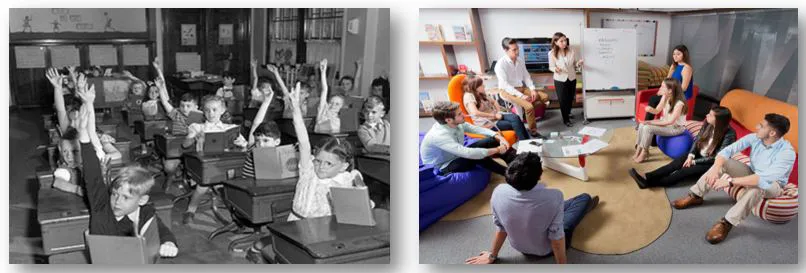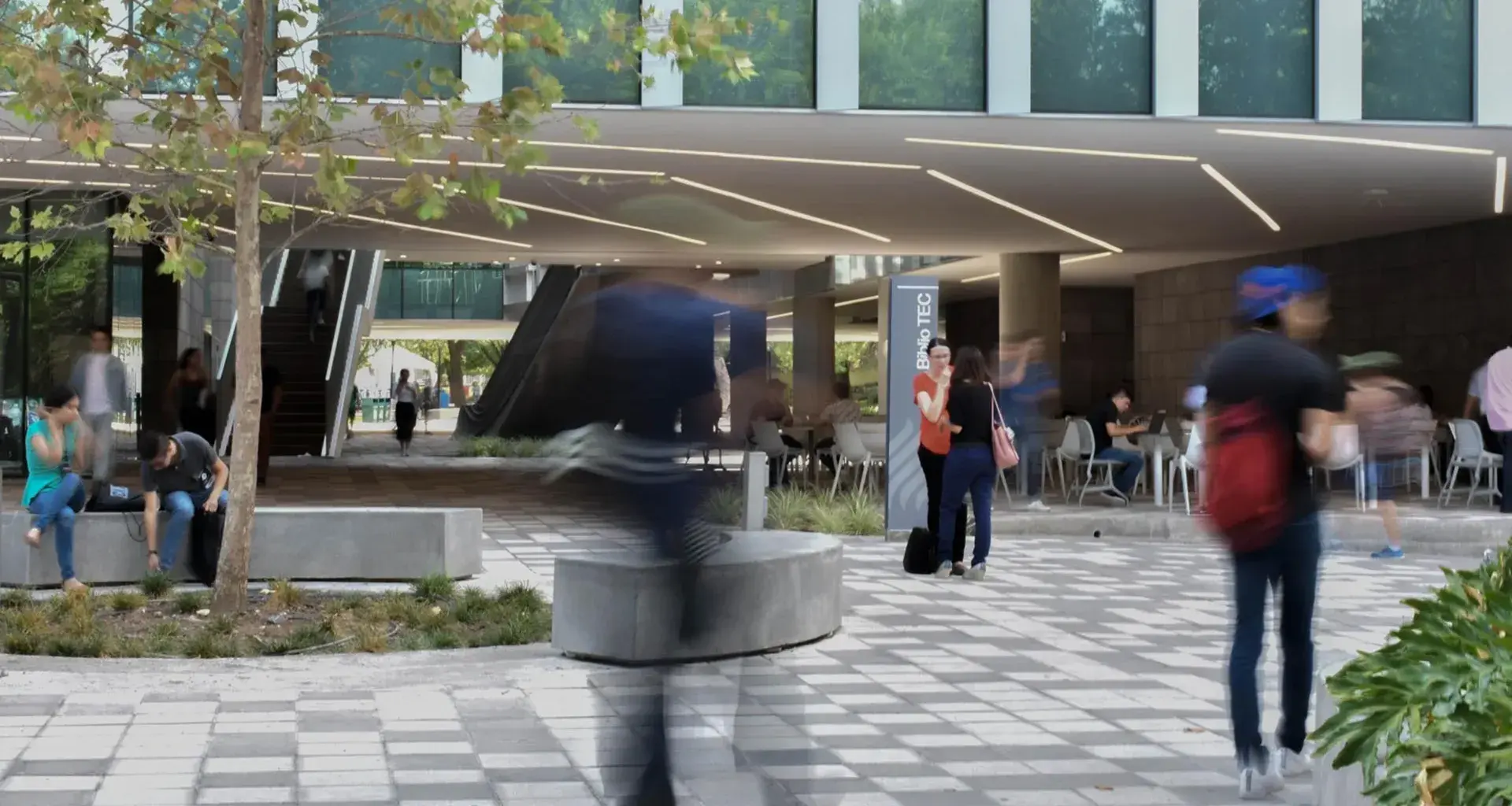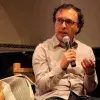In one of the most significant changes since it was founded 75 years ago, Tec de Monterrey is almost completely transforming its teaching model.
As of the 2019-2020 academic year, it will begin to fully implement the so-called TEC21 Educational Model.
This includes challenge-based learning, flexibility in the manner of learning, encouraging a memorable university experience, and inspiring teachers.
A NEW TEACHING MODEL
“We realized that 21st-century students were coming to universities [...] with centuries-old models,” explained Rector David Garza to CONECTA.
Among other things, this refers to a model in which students mainly just sat down and listened to their professor.
The new educational model, by contrast, pushes for learning with more practical challenges, which combines theory with the development of skills.
It will commence in all degree programs and semesters in 2019, although it has already been partially implemented over the past four years.
“We realized that 21st-century students were coming to universities [...] with centuries-old models.”

“What’s interesting about the new model is that more than 50 percent of student learning occurs outside the classroom with challenges,” said Garza.
He added that it’s a flexible model which allows students to explore areas and take different kinds of classes and specialization routes.
What’s more, it strives to maintain expert and inspiring professors, together with an integrated and memorable university experience for students.
“More than 50 percent of student learning occurs outside the classroom with challenges.” David Garza
TEACHING WITH REAL CHALLENGES
One of the goals of the new TEC21 Educational Model is for young people to liberate and develop their potential to a greater extent so as to transform their environment in the face of 21st-century challenges.
“Our current students are going to graduate in 4 or 5 years and may work in companies or organizations that don’t yet exist,” said Garza.
With challenge-based learning, we want students to acquire much more experience with tests like those they’ll face outside the university.
“The challenges that have been designed by professors are problems linked to an organization or a problem in the community, in which students put their knowledge into practice or develop new solutions,” explained Garza.
“Our current students are going to graduate in 4 or 5 years and they’re going to... solve problems that we haven’t yet identified as such.”
Currently, the model is already on courses, with exercises such as the iSemester (optional) or iWeek (one per semester), in which students solve challenges.
Challenges are taken under the guidance of professors and in coordination with a training partner, which could be an NGO, company, government agency, etc.
Román Martínez, Vice Rector for Educational Transformation, explained that the model’s gradual implementation has been a success and it is now ready to be applied at all campuses and in all semesters.
“There are already exercises (surveys) telling us that the kids who take part in iSemesters learn more or better than those in a normal semester,” he told CONECTA.
A FLEXIBLE MODEL
In the new educational model, flexibility is also a crucial element.
TEC21 reinforces options for taking classes at different locations in the country or abroad and in different face-to-face and distance contexts.
What’s more, changing from one degree program to another in the same area and exploring the knowledge and challenges from other degree programs has become more natural.
“There are few entrances and many exits,” said Rector Garza. “There’s one doorway for Business, another one for Engineering, and another for Humanities...
“You enter through that doorway and you’ll be able to explore from the first semesters...
“Then, you can decide and take the rest of your degree program, as challenge-based learning experiences, and also specialize in that way.”
AN INTEGRATED AND MEMORABLE UNIVERSITY EXPERIENCE
Besides the academic element, the model contemplates the encouragement of integrated learning and a memorable university experience.
An essential part of this element is the LiFE (Student Leadership and Education) program, which is designed to contribute to the development of multidisciplinary skills for all students.
Integrated learning with LiFE considers the development of students in physical activity and sports, artistic, and leadership areas, as well as their nutritional, psychological, and emotional wellbeing.

PROFESSORS AND MENTORS
“The role of professors in the Tec21 Educational Model is essential to the performance of different functions aimed at accompanying students in the learning process and in skills development,” said the Tec in a presentation document.
Specialized professors, such as those the Tec has always been renowned for, who adapt well to technology and state-of-the-art teaching methods are key to this.
What’s more, the model provides professors with a range of options with new roles such as: advisor, evaluator, mentor, challenge designer, and lecturer.





